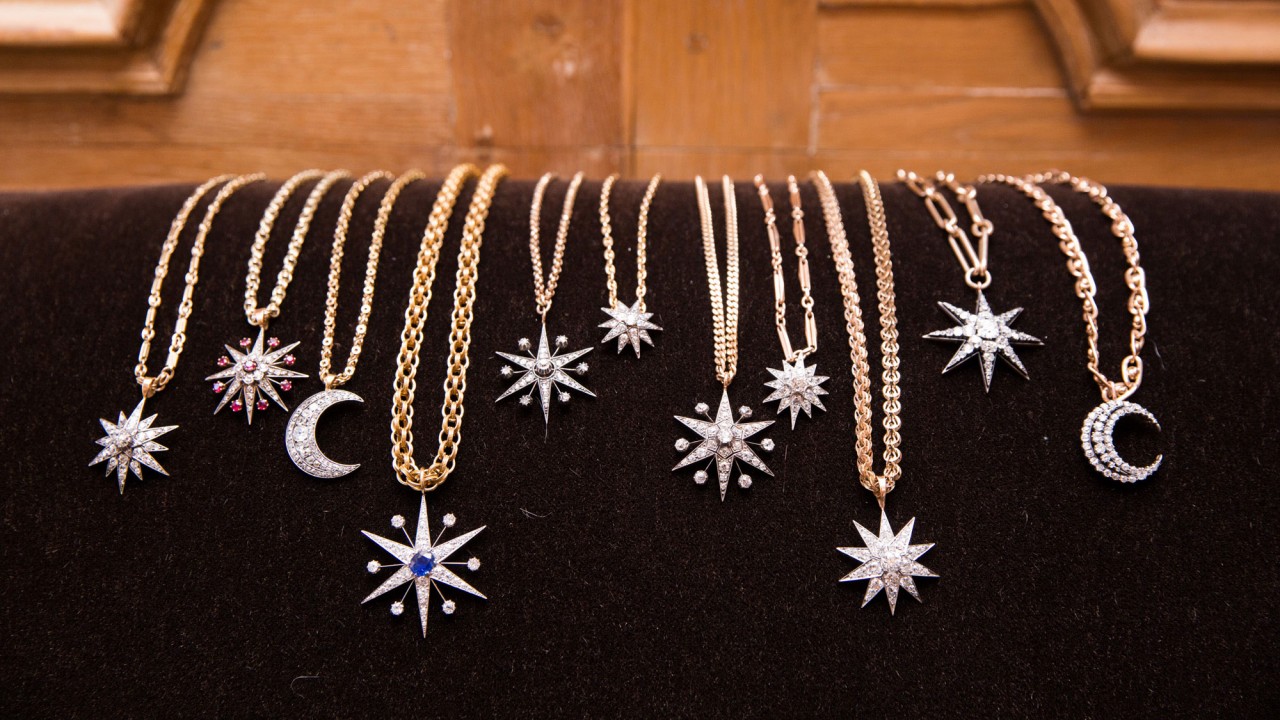Hajj is one of the five pillars of Islam. It happens between the 8th of Dhu al-hijjah till 12th.
Hajj is an important occasion when Muslims gather to worship one God, Almighty Allah. It offers once in a year in the month of Dhu al-hijjah, which is the 12th month of the Islamic lunar calendar.
Muslims have to abide by the disciplines and rules in order to perform this essential religious ritual. For example, wearing Ihram is necessary to offer the Hajj.
It is the best demonstration of the solidarity of Muslims when everyone gathers to perform the same worship of Allah.
Importance of Hajj by Quran and Ahadith
The significance of the Hajj is visible in the Quran and Ahadith. There are several verses of the Quran and several Ahadith, which describes the utmost importance of the Hajj in precise worlds.
For example, Ibn Umar RA said,” Prophet Muhammad SAW said, Islam is on five pillars, give Shahada that there is no God but Allah Almighty and Muhammad SAW is the Prophet of Allah, offering prayer, Paying Zakah and performing Hajj and fasting in Ramadan. “
There are five pillars of Islam. Hajj is one of them. The significance of the Hajj is visible by this Hadith.
In the Quran, Allah says about Hajj,” The thing ridge of Safah and Marwah are among the ties of ) Hajj) imposed by Allah, one who offers Hajj or Umrah, makes no mistakes by traversing the distance if one does more work voluntarily, God is appreciative.”
Safah and Marwah are the two essential hills. The exciting story which is attributed to these hills is that the Wife of Prophet Abraham (May Allah be pleased upon him) took her son Ismail and came here. Ismail ( May Allah be pleased upon him) demanded water. Her mother went to search for water for his son. She left her son alone to search for water. That’s why she took both works to find the water and see Ismail. She circled seven times across Safah and Marwah. That is why we perform Sa’ee. The meaning of Sa’ee is to strive.

In another Hadith, Hazrat Abdullah ibn Masood narrated that Prophet Muhammad SAW said, “Keep constantly doing Hajj and Umrah, as it will wipe out the poverty and sin just as the bawl removes impurities from Iron and Gold and Silver. “
According to this Ahadith, Hajj removes our sins, brings prosperity, and eliminate poverty. These are the blessing of God in regard to Hajj.
In the Quran, Allah says, “And declares to mankind the Hajj, and They will be here on foot and on the camel, they will be here from long distance to offer Hajj.”
Almighty Allah imposed Hajj on the Muslims. Now, it is the religious responsibility of the Muslims to perform the Hajj. One who has the capacity (financially or physically )must go to Hajj.
In a Hadith, Ibn Umer narrated, Prophet Muhammad SAW said,” one who do Jihad in the way of Allah and one who goes to offer Hajj and Umrah, they are both the guest of God, Allah.”
We should try our best to gain the rewards and blessing of Hajj. We should pray to Allah to award us with an opportunity to visit his house.
What are the steps of Hajj in order?
Islam is a perfect religion, which takes responsibility to guide us in individual as well as collective life. Similarly, it provides us full guidance on how to perform worship. Hajj is an essential responsibility in terms of religion.
Allah sent to us beloved Prophet Muhammad SAW, which guided us on how to perform Hajj.
Muslims gather in the city of Makkah, Saudia Arabia to perform Hajj. The kabbah “ the house of Allah” is the important place where these rituals are performed.
It is the responsibility for every Muslim who is capable of (Financially and physically) to offer Hajj once in a life. According to the Hadith of Prophet Muhammad SAW, those who die without doing Hajj despite having capability, we have no regret for his death whether he dies like a Jew or Christian.
This Hadith shows the importance of Hajj in clear words. Dhu al-hijjah is an essential 12th month of the Islamic lunar calendar. The Hajj continues from 8th to 12th Dhu al-hijja.
It is the second-largest gathering of Muslims, whereas the first-largest gathering happens at Karbala, Iraq.
Prophet Abraham, by order of God, built the house of Allah.
Due to different school of thought, the process of offering Hajj made difficult, although it is a straightforward process. The need is to understand the process. Let us get to know about the steps.
Wearing the particular kind of Dress-Ihram
This is the first step of performing Hajj. Miqat which is the outer boundary of Makkah, it is necessary to wear Ihram before Miqat.
Ihram comprises two plain garments unstitched for men and a lose-fitting dress of the clothes of Ihram for women. Pilgrims wear Ihram on the 8th of Dhu-al Hijja.
There are other rules and regulation, which is necessary to follow, for example, not to indulge in any quarrel, prohibition of hunting and involving in sexual activity.
Traveling to Minah- A tent city
The first rite of Hajj is entering in Ihram. After entering Ihram from Miqat, Muslims set out for a journey to reach the tent city, which is 8 KM away.
The pilgrims will spend the full day in Mina. They do dhikr and recite the Quran. Learn Quran Online if you want to recite correctly then you should Join free Quran Classes on Quranforkids. In fact, this is a necessary step after which they have to set out. Commonly, the pilgrims spend the whole day in remembrance of Allah.
Spending the day at Arafat
It is one of the days of utmost importance not only regarding Hajj but important for ordinary Muslims. It is the place where the Holy Prophet Muhammad SAW gave his last sermon.
The Muslims spend who day in offering the reverent prayers. The total journey from the tent city Mina is 14.4 KM.
Commonly, Muslims choose to fast on this day.
Staying in Muzdalifah
Staying in Muzdalifah is another important step in the offering of Hajj. Muslims move to Muzdalifah, which is 9 KM away. In Muzdalifah, Muslims spend the night under the sky. They collect pebbles here to stone the devil.
Throwing stones at the Pillars
Yawm-ul-hajj al-Akbar is the most dangerous and the longest day. Muslims celebrate Eid ul-Adha on the 10 of this month. It is the day of pleasure and happiness. The pilgrims have to start the day and set out to Minah again before dawn.
In the city of Tent-Minah, Pilgrims have to perform the first Rami in which they throw seven stones at the largest one(Jammarat).
The historical story for the stoning process is fascinating. Allah told Prophet Abraham to give the sacrifice of this son. Soon, the devil came and tried to misguide Abraham.
Prophet Abraham deplored the devil and threw stones at him to keep him away from misguiding. That is why the sunnah of the Prophet Abraham is acted upon.
Many pilgrims climbed up the Jammarat Bridge through which it becomes easy to stone.
They are several horrible stories at the occasion of Jammarat in the following years, where many pilgrims died every year due to miss- management on the part of pilgrims.
After throwing the stones, pilgrims get their head shaved and performs sacrifice of an animal. He or she can pay the price of the animal to sacrifice on their name.
It is the time when Ihram can be removed. Many pilgrims set out to Makkah to perform Tawaf and Sa’ee. It is necessary for doing Tawaf to circulate seven times Around Kabbah,” the house of Allah,” and also it is necessary for doing Sa’ee to circulate seven-time around Safah and Marwah.
Final Days
In the final days, Muslims once again throw stones symbolically on three pillars. Pilgrims have to spend two to three days in Mina.
This marks the end of the Hajj.
Some Pilgrims go to Madina, the second holiest city, where they perform visit of Holiest sites. People who visit from another country rather than Saudi Arab tend to visit and explore the city of Madina more and more.
How long does Hajj take to complete?
Hajj starts from the 8th of Dhu al-hijjah. It continues till 12 or 13th Dhu al-hijah.
On the 9th Dhu-al-hijjah, the Muslims celebrate Eid-ul-Adha, which is one of the important occasion brings happiness and joy in the life of Muslims.
Conclusion
Hajj is the second-largest gathering in the Muslims world. It is the blessings and awards winning occasion. The importance of the Hajj is clearly visible, particularly in Ahadith and the Quran. Allah forgives our sins regarding accepted Hajj. Allah made the promise of paradise regarding accepted Hajj.
It is, therefore, necessary to offer the Hajj according to its soul so that we can easily get forgiven of our sins and win the offering and rewards for us.
It is pertinent to mention that the people who have the capacity, instead of having capacity, they do not do Hajj. According to Hadith, if he or she dies, we have no regret for his or her death, whether he dies Christian or Jews.
We should seek refuge in Allah and should try to find the grace of Almighty Allah.




